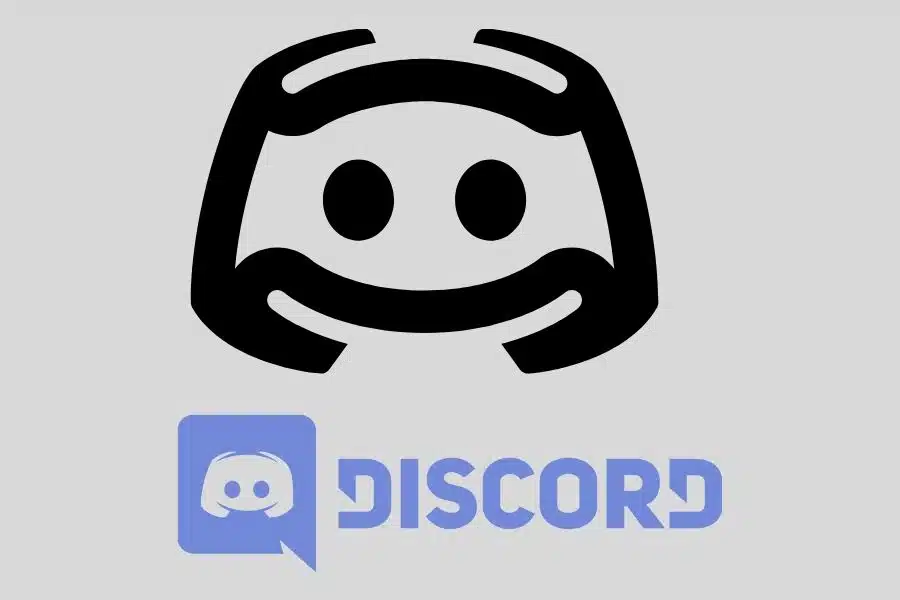Some nations have laws and rules that limit online freedom. They often filter out viruses and sensitive information based on their location. Various techniques are available to get around the restriction and access the information. Using these methods to access prohibited data is legal, but it might get complicated if you try to access sensitive information.
When you receive an error, the website is blocked. The main reason for the blockage is the Internet Service Provider (ISP). People use methods to unblock websites, but it’s tricky. Websites blocked by the government or network administrators are challenging to unblock.
How to find out whether ISP blocks the website or not
When you open a specific website but end up with an error popping up, the site is blocked. Check the following things while entering the site:
1. Entering the site: Make sure to enter it several times to ensure it is not a casual error.
2. Sometimes, the website is down: Check whether the site is down or not. If the site is down, you cannot access it.
3. Error message: Sometimes, it appears on the screen while entering the site. This message tells us that this site’s content is unavailable in your region. ISPs blocked sites due to some reasons and government policies.
Why ISPs block websites? Reasons
ISPs block websites for legal and internet censorship rules worldwide. Some block sites for legitimate grounds, while others are due to IPS tech. Smaller providers limit websites to popular websites to avoid excessive recourse. Some reasons are over-restricting illegal content and censorship.
Different countries restrict internet freedom due to their laws and regulations. Most of them are from Asian countries that block several websites. They usually block social media apps, news channels, and streaming services.
Ways that ISPs use to block the websites
The following are the methods that ISPs use:
- DNS filtering: This method uses the Domain Name System to block illegal websites and remove harmful content, ensuring company data security and control over employee access on managed networks. It is part of a larger access control strategy and involves all DNS queries directed to a DNS resolver. Custom-configured DNS resolvers act as filters, refusing to resolve questions for domains on a block list. The DNS method is essential for accessing the data, making DNS a necessary component. That makes DNS filtering a helpful tool for blocking the material.
- Using Firewalls: They protect your computer or network from harmful traffic and software access, protecting it from outside online attacks. Criminals can block data from specific locations, applications, or ports while allowing relevant data. Most commercial firewall products come preconfigured, but understanding the documentation is crucial to determine if the default settings are sufficient. Firewalls do not guarantee against attacks, and using them in conjunction with other protective measures like antivirus software and safe computing practices can strengthen resistance to attacks.
- Using deep packet inspection (DPI): This technology inspects data from packet headers. Firewalls that use DPI, which sorts, filters, and prioritizes packets, are the primary users of DPI. It controls traffic by setting bandwidth limits for particular types of traffic.
These methods help ISPs block content or websites in a specific area.
How to remove ISP blockage
You can access the sites blocked by your ISP in different ways. People access some sites with mobile data or hotspots and don’t know that it may limit their access. In comparison, some people do not know their IP address, which could help them gain access. If all these fixes are not working, use the following methods:
Using Proxy
A proxy will give you a fake IP address, called spoofing. Many people use free proxies, making it slow. Proxy also has limitations; it has a slow connection speed. Most people did not recommend proxy for unblocking websites. A proxy can be the best option for a free solution.
Advantages
- Proxies are free to use.
- Bypass IP blocking and DNS filters.
Disadvantages
- It may leak your privacy.
- It isn’t effective against deep packet inspection (DPI).
- Slow connection speed.
Tor Browser
Tor enables anonymous browsing by routing web browsing over an encrypted network. While unsuitable for sensitive data, it allows access to blocked websites on any connection.
Tor’s developers face resistance from regimes like Iran, but it may work even if traditional VPNs, proxies, and SSH tunnels aren’t. However, Tor is slower than typical web browsing and should not be used for daily browsing unless a dissident is living in Iran or China.
Advantages
- Keep your activity private.
- Free to use.
- Bypass the restrictions from ISP.
Disadvantages
- Using the Tor browser is illegal in some countries.
- It can be risky without a VPN.
- Using it regularly may cause some issues.
Smart DNS Method
Some Internet service providers implement filtering by changing their DNS servers to redirect blocked websites to another. Some places use web filtering solutions like OpenDNS.
If the filtering is at the DNS level and requests to other DNS servers aren’t blocked, setting a custom DNS server on your device can bypass the default server. Use Google Public DNS to ensure no DNS-level filtering occurs.
Advantages
- It is a good alternative if a VPN is not available.
- Hide your original location.
- Bypass DNS filters.
Disadvantages
- Less secure.
- Less capable of unblocking geo-restricted sites.
- Not free to use.
Virtual Private Network (VPN)
Connect to a virtual private network (VPN), and all network traffic will be redirected to the VPN. This encrypted connection ensures that your ISP, network operator or country’s government can only see the encrypted VPN connection and send data.
Choose a premium VPN for its security, advanced features, and ease of use. It allows you to connect your home router to the VPN servers to hide your network behind a VPN.
Advantages
- Ensure your online privacy.
- It protects you from online cyber crimes.
- Bypass all types of blocking.
- It protects your data.
Disadvantages
- Effective VPNs are not free.
- Using free versions may cause issues.
- It may reduce connection speed a bit.
SSH Tunnel
SSH tunnels, similar to VPNs, can securely tunnel your traffic. If you have an SSH server, you can access it and set up tunneling to redirect your web browsing traffic over a secure connection. This server encrypts your traffic, prevents snooping on public WI-Fi networks, and bypasses local network filtering.
The same web browsing experience as sitting at the server’s location will be slower. Blocked websites are becoming more common due to governments pushing ISPs to filter their internet connections by default and laws like SOPA in the US.
Advantages
- Encrypt your data.
- Bypass the blocking from ISP.
Disadvantages
- Not free.
- Slow connection speed.
Can ISP ban these unblocking tools?
Yes, they can take action against the tools you use and ban them. ISP can block your access to the content even while using any tools. Even if you use a premium VPN, they can deny it with the DPI method. But there are many other ways to unblock and use the VPN. You can troubleshoot the VPN connection when ISPs block it.
How can we troubleshoot a VPN connection?
As we know, many servers are available on a premium VPN in different countries. When you face blockage from your ISP, connect to another server and enjoy surfing. Clearing cookies and browsing history may also help you bypass the blockage.
Conclusion
Some countries have laws and regulations against internet freedom. They usually block sensitive and adult content in their region. People in that region tried to access that content but failed due to restrictions. There are different tools available to bypass the blockage and access the content. Accessing the blocked data with these tools is not illegal, but accessing sensitive content may cause you problems.
FAQs
Can ISPs block websites?
As discussed earlier, ISPs can block websites and content from particular areas due to legal issues and policies. You can access that blocked content with the unblocking tools discussed in this article.
Why do ISPs block websites?
Your ISP may block the content due to censorship, or maybe the content is dangerous for the users. Different countries block the data in their region, especially Asian countries.
How can we unblock a website from ISPs?
You can unblock the data using available tools, but they can be risky. They may leak your privacy, not access the content properly, and slow the connection speed. Use a premium VPN to ensure your confidentiality and encrypt your data for the best solution.




![F95Zone Games - The Ultimate Guide for 2021 [F95Z Guide] 5 F95Zone Games](https://knowworldnow.com/wp-content/uploads/2021/07/ArTtW5LrK3b-z-0-y-637f48d86203817a9042a857.webp)